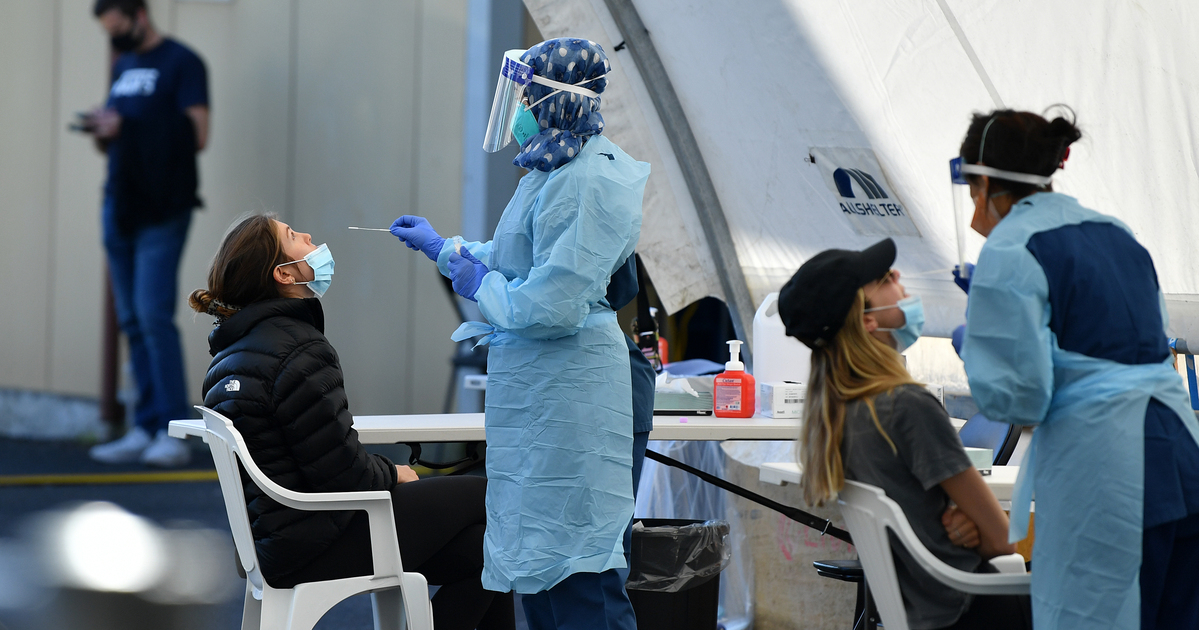
Delta is the name of the new, more infectious variant strain of SARS-CoV-2, which causes COVID-19. It’s most likely you would’ve heard of Delta because that’s the predominant strain circulating across Australia currently.
It was first identified in India in December 2020 and has spread rapidly throughout the world at about four times the rate of the original strain.
Delta is, unfortunately, more infectious and more severe than the original strain of this coronavirus, now affecting younger people more severely. The average Delta positive person infects six to ten people, compared to people with the original variant, who, on average, would infect fewer than three people – it is more transmissible than the common cold and influenza, and approximately as contagious as chickenpox.
Symptoms seem to have shifted with Delta – they’re more commonly headaches, a sore throat, runny nose and fever. A cough and loss of smell are less of an issue with this strain.
Unfortunately, children and adults under 50 years old are approximately two and half to three times more likely to become infected with Delta. Data is also proving that vaccinated people can transmit Delta, with countries like Israel, the US and the UK showing many breakthrough cases of Delta amongst vaccinated communities. This supports the ongoing use of hygiene precautions and masking indoors, despite vaccination, to reduce the spread.
 Image source: RACGP
Image source: RACGP
The current vaccines continue to be effective against Delta and hold up against severe disease and death. Despite the increased occurrence of breakthrough cases in vaccinated people, they continue to be milder than in amongst the unvaccinated and those who are immunosuppressed. This has been proven time and time again in many states in the US, where virtually all hospitalisations and deaths are people who are unvaccinated, according to the Centers for Disease Control and Prevention, the national public health agency of the United States. This is exactly what vaccines are intended to do – prevent serious illness and death.
This confirms that people who are most at risk of serious COVID-19 are those who have not yet been fully vaccinated or who are immunosuppressed – reflected in the much more rapid spread and rate of serious illness in the American states with the lowest vaccination rates.
Science is still evolving, the data is still growing and being studied, but vaccinations are proving themselves, and for those who are immunosuppressed, the likelihood for the need of a third booster is becoming more apparent. We will continue to monitor developments closely as this advice evolves.